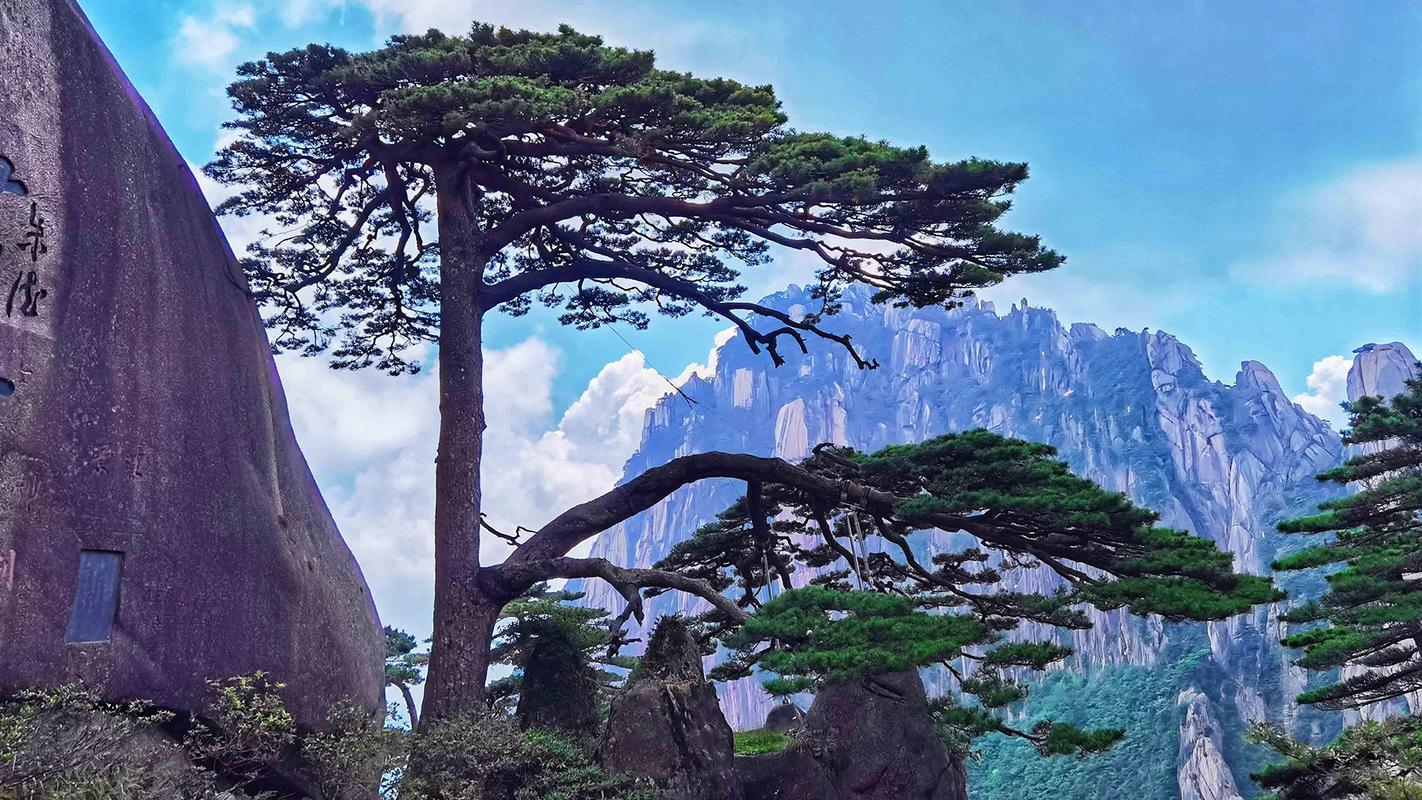Culture and Geography: A Comprehensive Definition of the World Around Us
As humans, we are undoubtedly influenced by the world around us. From the traditions we follow to the language we speak, every aspect of our lives is shaped by the world we live in. Whether it’s the food we eat or the music we listen to, our culture is an essential part of who we are. But have you ever wondered how geography plays a role in shaping culture? In this article, we take a deep dive into the interplay between culture and geography.
Culture is defined as a shared set of beliefs, values, practices, and traditions that define a group of people. It influences the way we think, act, and interact with one another. The culture of a region is a reflection of its history, society, and environment. At the same time, geography includes the physical features of the earth, such as mountains, rivers, and climate. Together, culture and geography have a profound impact on each other.
One way in which geography shapes culture is through language. The physical distance between different regions means that people often develop distinct dialects and languages. Take, for example, India, where there are over 20 official languages spoken across its diverse regions. The physical barriers of mountain ranges and rivers have led to the diverse linguistic landscape we see today.
Another way in which geography influences culture is through food. The availability of certain crops and animals in a region can impact the local cuisine. For instance, Thai cuisine features agricultural products such as rice, coconut, and cassava grown in the tropical climate. Similarly, the Scottish culture is heavily dependent on seafood and game hunting, owing to its proximity to the ocean and extensive forests.
Moreover, geography can impact cultural values. For example, the importance of community and family in rural societies is essential because the farming lifestyle necessitates cooperation to achieve the common goal of sustaining the land and raising animals. In contrast, urban societies tend to be more individualistic, where people value independence and self-reliance.
Lastly, geography can influence cultural practices. For instance, the Mayan pyramid temples in Mexico were built in alignment with the stars, emphasizing the importance of astronomy in their culture. At the same time, the Maasai people of East Africa rely on cattle farming as part of their culture. Their lives revolve around the protection of their livestock, which is closely tied to their nomadic lifestyle.
In conclusion, geography plays a pivotal role in shaping culture, from the language we speak to the food we eat, values we hold, and practices we follow. By understanding this dynamic interplay, we can appreciate the diverse cultures of the world and how they have been shaped by the environment and the world around us.
(Note: Do you have knowledge or insights to share? Unlock new opportunities and expand your reach by joining our authors team. Click Registration to join us and share your expertise with our readers.)
Speech tips:
Please note that any statements involving politics will not be approved.
